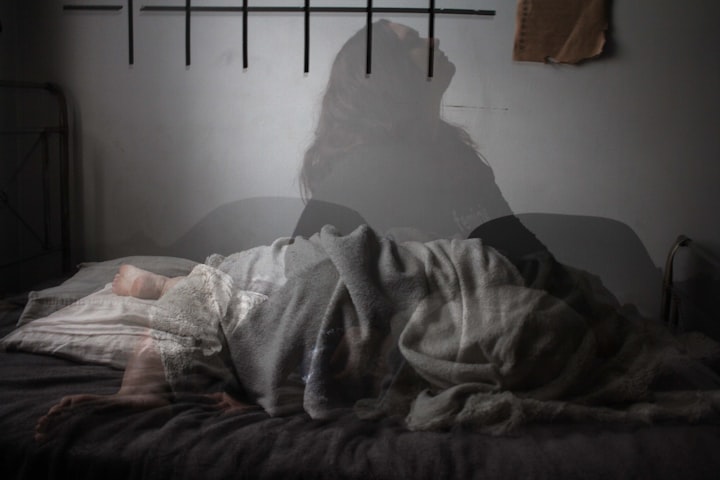
Sleep is a fundamental aspect of human existence, a daily ritual that allows our bodies and minds to rejuvenate. However, two fascinating stories from history shed light on the extremes of sleep experiences. In the 19th century English village of Turville, Ellen Sadler captured the world's attention by sleeping for an astonishing nine years, while in 1964, Randy Gardner voluntarily stayed awake for an extended period to set a record for the longest time without sleep. These extraordinary tales highlight the mysteries and importance of sleep in our lives.
Ellen Sadler's Prolonged Sleep
In 1871, in the picturesque village of Turville, England, Ellen Sadler, an 11-year-old girl, embarked on a journey that would lead to a sleep that lasted nine long years. Born into a large and hardworking family, Ellen's life was one of toil and struggle to make ends meet. When she turned 11, she left her family to work as a nanny in a nearby town. However, strange symptoms overcame her—headaches, discomfort, and an unshakable drowsiness that made it impossible for her to continue working. Her condition worsened, prompting her parents to send her to the hospital.
The medical professionals of the time could not diagnose Ellen's ailment, despite 18 weeks of efforts to cure her. Upon returning home, her health deteriorated further, and one day, she quietly laid down on her bed and fell into a deep slumber. Ellen would not wake up for the next nine years.
During this period, her devoted mother cared for her, feeding her milk and tea as she wasted away. News of Ellen's peculiar condition spread throughout the village and beyond, earning her home the nickname "Sleepy Cottage." Many villagers and curious onlookers flocked to see the girl who had been sleeping for years. However, Ellen's mother guarded her closely, refusing to allow extended medical examinations or media scrutiny. Consequently, the world may never know the true cause of Ellen's unprecedented sleep.
The prevailing theories ranged from a coma to the administration of sleeping pills, but without official medical documentation, the full truth remains elusive. Ellen eventually woke up, unaware of the nine-year lapse. Her life went on, albeit with some lingering health issues. She married, had six children, and lived to the age of about 50.
Randy Gardner's Sleepless Endeavor
In stark contrast to Ellen Sadler's prolonged slumber, Randy Gardner, a high school student in 1964, decided to push the limits of sleeplessness. Randy's goal was to set a record and conduct a science school project focused on sleep. He stayed awake for several weeks, aided by a friend who ensured he didn't succumb to sleep.
The experiment began in December and extended into January, and it garnered nationwide attention. For the first few days, Randy felt relatively normal despite the lack of sleep. However, as the days passed, his cognitive and sensory abilities deteriorated. By the fourth day, he was feeling sick, but the experiment continued.
The experiment led to fascinating insights into sleep deprivation. Randy's physical abilities remained relatively intact, and he even played basketball and went bowling during the day. However, his intellectual performance declined significantly. Scientists conducted brain scans, revealing the occurrence of microsleeps, brief episodes of sleep that went unnoticed by Randy but nonetheless affected his cognitive functions.
Randy's record-breaking sleepless streak reached 264 hours before he finally succumbed to sleep. Following a 14-hour nap, he returned to school, where he surprised everyone with his seemingly unaffected demeanor. However, he later experienced severe insomnia, a lasting consequence of his experiment.
Final Thoughts !
The stories of Ellen Sadler's prolonged sleep and Randy Gardner's sleepless endeavor highlight the mysterious and crucial nature of sleep. Ellen's case remains a medical enigma from the 19th century, shrouded in uncertainty. In contrast, Randy's experiment shed light on the effects of sleep deprivation on cognitive function and the existence of microsleeps.
These stories underscore the importance of sleep for overall health and well-being. While extreme cases like Ellen's and Randy's are rare and unusual, they serve as reminders that a proper sleep routine is essential for everyone. Whether you're trying to avoid prolonged slumber or sleeplessness, striking the right balance is key to maintaining your physical and mental health. In a world that often prioritizes productivity over rest, these stories serve as poignant reminders of the value of a good night's sleep.






Comments (1)
Great work! Fantastic!